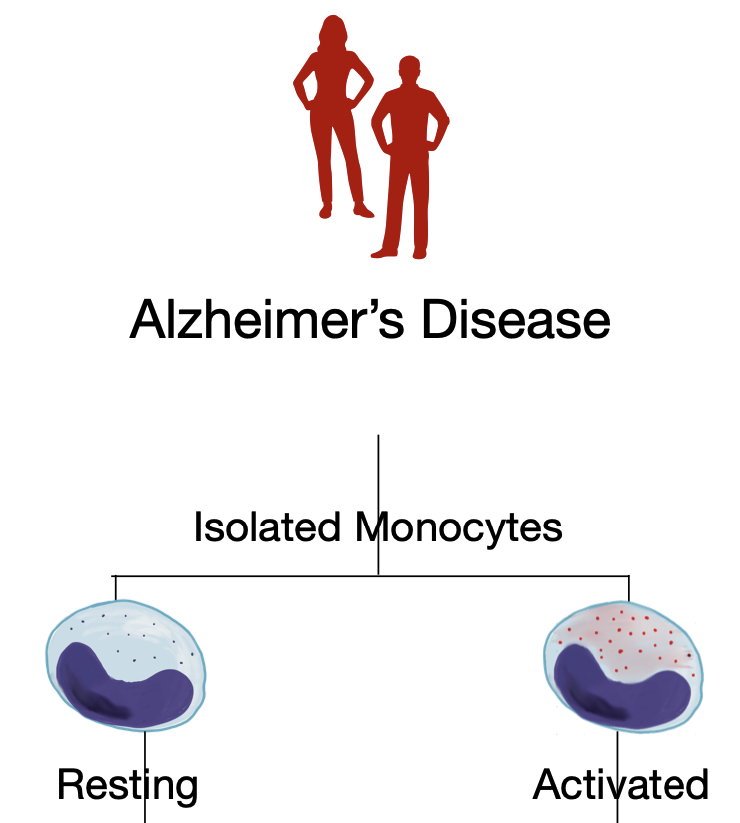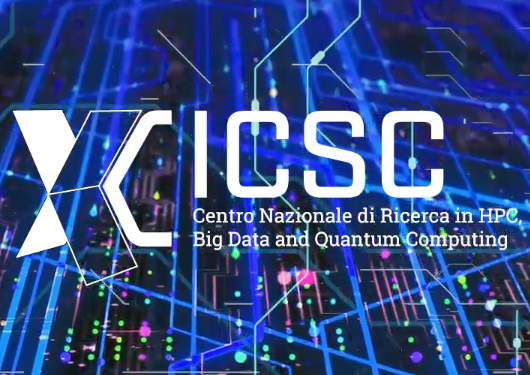National Research Centre in HPC, Big Data and Quantum Computing
This national initiative, funded by Next Generation EU, aims at expanding and innovating the national computing infrastructure and network scientific and industrial communities around a common computational strategy. The Centre is structured according to a hub and spoke model. Our Lab participates to the activities of the Spoke 8 “In-silico Medicine and Omics Data” and contributes to the following activities:
Genome bioinformatics pipelines
Build and benchmark new algorithms and pipelines, particularly ultra-fast and GPU-enabled, to improve performance, accuracy and also standard methods in genomics analyses in a wide range of computing environments.
Machine learning for Omics
Development of machine learning and deep learning algorithms, aimed at generating a catalogue of predictors associated to different pathologies, by employing very large datasets shared across the partners
Cloud readiness
Development of protocols and standards to ensure reproducibility of all pipelines developed within the project, as well as portability across a diverse range of computing environments, including cloud infrastructures.

Immuno-Hub
This is a project funded by the Ministry of Health, aimed at developing a national platform capable to implement a rapid response to epidemiological challenges. The project will develop new immunotherapies against a wide range of conditions spanning from cancer to current viral threats. Our lab contributes to the following activities:
In-silico guided development of vaccines
We aim at developing a scalable pipeline to help designing and selecting vaccines, using next generation sequencing data.
In-silico guided selection of antibodies
We curate a specific pipeline to help in-vitro selection of antibody therapies, by guiding their development through next generation sequencing analysis. We develop new algorithms to infer the CDRs motifs, and we offer analytical capabilities also for nanobodies.
Pharma-bioinformatics platform
Together with other involved bioinformatics groups (computational chemistry and structural bioinformatics) we develop accessible bioinformatics services and we implement best practices and standards across the network.

Omics Signatures in Alzheimer’s
Our lab is involved in a project entitled Omics signatures in blood monocytes as an innovative stratification tool to improve early Alzheimer’s diagnosis and clinical trials.
The goal of the project is to characterise multiple omics profiles in controls, subjects with mild cognitive impairment and individuals with Alzheimer’s Disease, and use data integration strategies to develop a stratification tool
able to help early diagnosis and increase the effectiveness of clinical trials.
Inflammatory profiling
We will characterise markers of inflammation at a cellulare and proteomics level, and match these markers with gene-networks identified in transcriptomics analyses
Omics profiling
We will perform transcriptomics and eQTL analysis and integrate multi-omics signatures in a modelling framework
Stratification tool
We will develop a protocol to characterise a molecular signature to be used in a novel stratification of subjects at risk to develop Alzheimer. We will release an app to help clinicians in individuals’ stratification using a multi-omics data integration approach.

